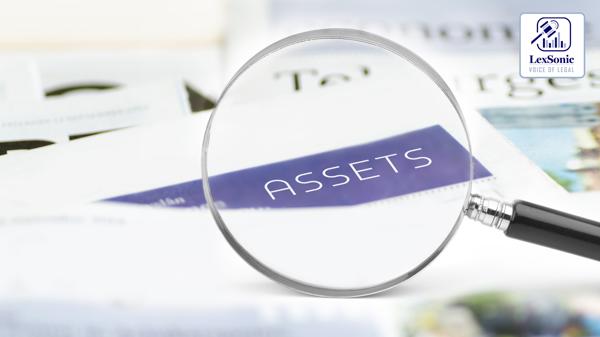SARFAESI vs. Government Levy: A Court Battle for Asset Priority.
21 March 2024
Bankruptcy & Insolvency Law >> Business & Commercial Law | Value Added Tax (VAT) >> Tax Laws
When a company goes bankrupt, who gets paid first? A recent case between a bank and the government highlights this challenge. The bank loaned money to a company (Savair Energy) and secured the loan with the company's property. Now, the company can't pay its debts, and the bank wants to take the property to get its money back. But the government also says the company owes them taxes and wants the property too! This situation raises the question: Does the bank get paid first because they have a secured claim, or does the government get paid first because of taxes?
The case involves a dispute between a bank and the government over the priority of claims on a company's assets. The bank had loaned money to the company, which subsequently defaulted on the debt. In order to recover the debt, the bank followed the procedures outlined in the Securitisation and Reconstruction of Financial Assets and Enforcement of Security Interest Act (SARFAESI Act) to sell the company's assets.

On the other hand, the government asserted its claim on the assets, arguing that the company owed them taxes. The government contended that its claim should be prioritized over the bank's claim.
The court ultimately ruled in favor of the bank. The court's decision hinged on the SARFAESI Act, which grants banks a priority right to recover their debts through the sale of assets, even ahead of the government's claim for taxes.
MAHARASHTRA VALUE ADDED TAX ACT, 2002
Securitisation and Reconstruction of Financial Assets and Enforcement of Security Interest Act, 2002
